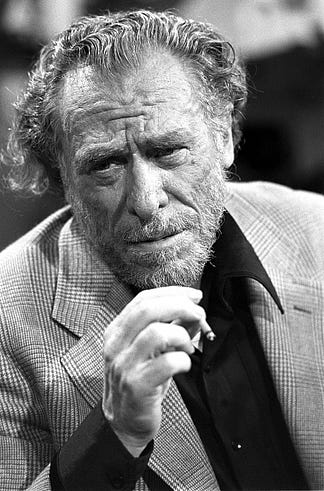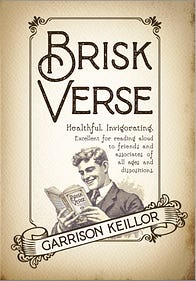|
 |
The Writer's Almanac from Friday, August 16, 2013
"This Last Great Country Song" by Paul Muldoon, from Songs and Sonnets. © Enitharmon Press, 2013.
ORIGINAL TEXT AND AUDIO - 2013
It's the birthday of William Maxwell, born in Lincoln, Illinois (1908), a novelist, short-story writer, and an editor at The New Yorker magazine for 40 years, from the 1930s through the 1970s, during which time he published Frank O'Connor, Eudora Welty, Vladimir Nabokov, Alice Munro, John Cheever, and John Updike, and hundreds of others.
Maxwell lived in Lincoln for only 14 years, but later said that the town provided "three-quarters of the material I would need for the rest of my writing life." But his childhood was far from idyllic. When he was 10, his mother died from the epidemic influenza, which she'd contracted while nine months pregnant. It was an event that he would return to again and again in his writing. It formed the basis for his second novel, They Came Like Swallows (1937). He wrote the opening chapter of the book, "Whose Angel Child," more than 100 times, often while weeping. He once wrote: "I couldn't understand how it had happened to us. It seemed like a mistake. And mistakes ought to be rectified, only this one couldn't be."
He published his first novel, Bright Center of Heaven (1934), and after getting a $200 advance for the second novel, he quit his teaching job of two years — in the midst of the Great Depression — and moved to New York figuring he'd get an editorial job for steady income.
He applied to The New Yorker, and they put him in the art department, where for $35 a week he sat in on editorial meetings and then told the artists what kinds of changes they should make. He moved to the fiction department, where it was also his job to edit poetry.
At The New Yorker, Bill Maxwell, as he was known there, had a reputation for being a meticulous editor, strict, kind, helpful, and trustworthy. And also very tactful: He once took a train an hour and a half north of the city so that he could tell John Updike in person, with regrets, that the magazine was rejecting one of his stories.
Maxwell said, "Reading is rapture (or if it isn't, I put the book down meaning to go on with it later, and escape out the side door)."
It's the birthday of Charles Bukowski, born in Andernach, Germany (1920). He published more than 15 wildly popular books of fiction and poetry, including Run With the Hunted (1962), and The Days Run Away Like Wild Horses Over the Hills (1969).
Late in his life he said: "Every day I'll wake up around noon. Then I'll go to the track and I'll play the horses ... Then I'll come back and I'll swim and ... have dinner and I'll go upstairs and I'll sit at the computer and I'll crack me a bottle [of wine] and I'll listen to some Mahler or Sibelius and I'll write, with this rhythm, like always."
Be well, do good work, and keep in touch.®
BRISK VERSE by Garrison Keillor, a collection of original invigorating verse. Read it to yourself or aloud to friends, family, or passersby. One hundred and thirty-two poems in all — diverse topics, including Brevity, Thongs, Minnesota, Manners, Mozart, Marilyn Monroe, Failure, Fatherhood, Episcopalians, Plumbing, Spaghetti, Spring, Online Love, Eighty, and the National Anthem as it might’ve been written by Whitman, Dickinson, Eliot, Frost, and other poets. Illustrated with quirky antique advertisements for tonics and gizmos.
If you are a paid subscriber to The Writer's Almanac with Garrison Keillor, thank you! Your financial support is used to maintain these newsletters, websites, and archive. If you’re not yet a paid subscriber and would like to become one, support can be made through our garrisonkeillor.com store, by check to Prairie Home Productions, P.O. Box 2090, Minneapolis, MN 55402, or by clicking the SUBSCRIBE button. This financial support is not tax deductible.


